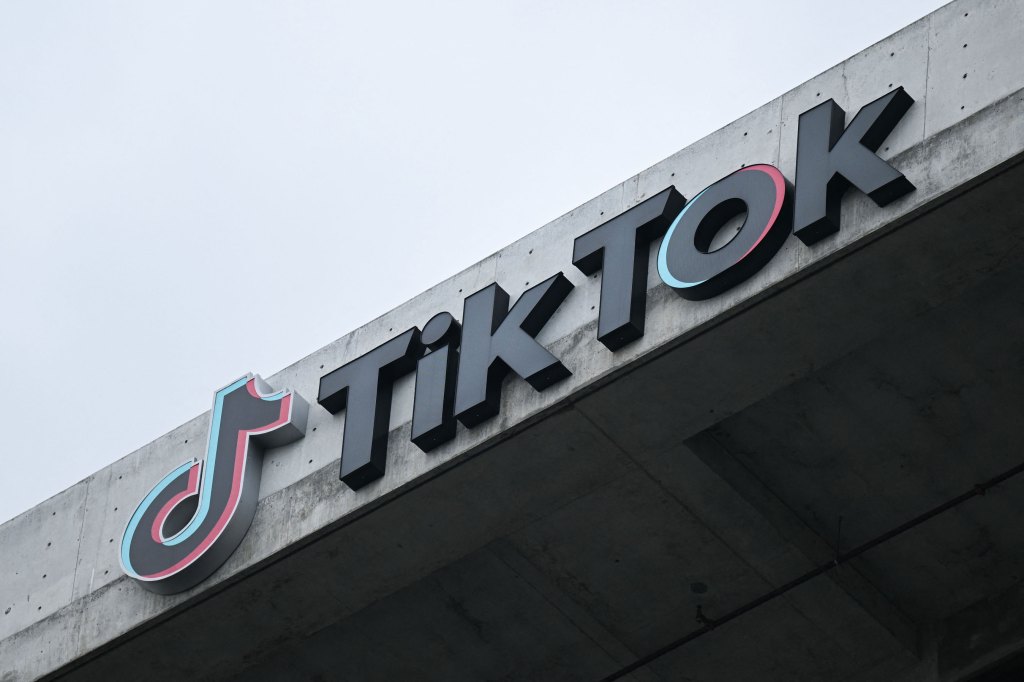
The U.S. Federal Trade Commission announced on Tuesday that it has referred a complaint against TikTok and its parent company ByteDance to the Department of Justice. The agency was investigating the company over potential violations of the Children’s Online Privacy Protection Act and was looking into whether TikTok violated a law that prohibits “unfair and deceptive” business practices.
“The investigation uncovered reason to believe named defendants are violating or are about to violate the law and that a proceeding is in the public interest, so the Commission has voted to refer a complaint to the DOJ, according to the procedures outlined in the FTC Act,” the agency said in a statement.
TikTok issued a public statement noting that it has been working with the FTC for more than a year to address its concerns and that it is “disappointed” that the agency is pursuing litigation.
“We strongly disagree with the FTC’s allegations, many of which relate to past events and practices that are factually inaccurate or have been addressed,” TikTok’s statement reads. “We’re proud of and remain deeply committed to the work we’ve done to protect children and we will continue to update and improve our product.”
The FTC notes that although it doesn’t typically announce that it has referred a complaint, it “determined that doing so here is in the public interest.”
TikTok paid $5.7 million in 2019 to settle FTC allegations that it illegally collected personal information from children. The settlement marked the largest civil penalty ever obtained by the Commission in a children’s privacy case, according to the FTC.
The announcement comes as TikTok is facing increased scrutiny in the U.S.
In April, President Biden signed a bill that would ban TikTok if ByteDance fails to sell it within a year. The action was the result of years of concern from U.S. lawmakers who fear that ByteDance may leak U.S. user data to the Chinese government. TikTok and ByteDance responded to the bill by suing the government, arguing that the law violates the U.S. Constitution’s commitment to “both free speech and individual liberty.”

